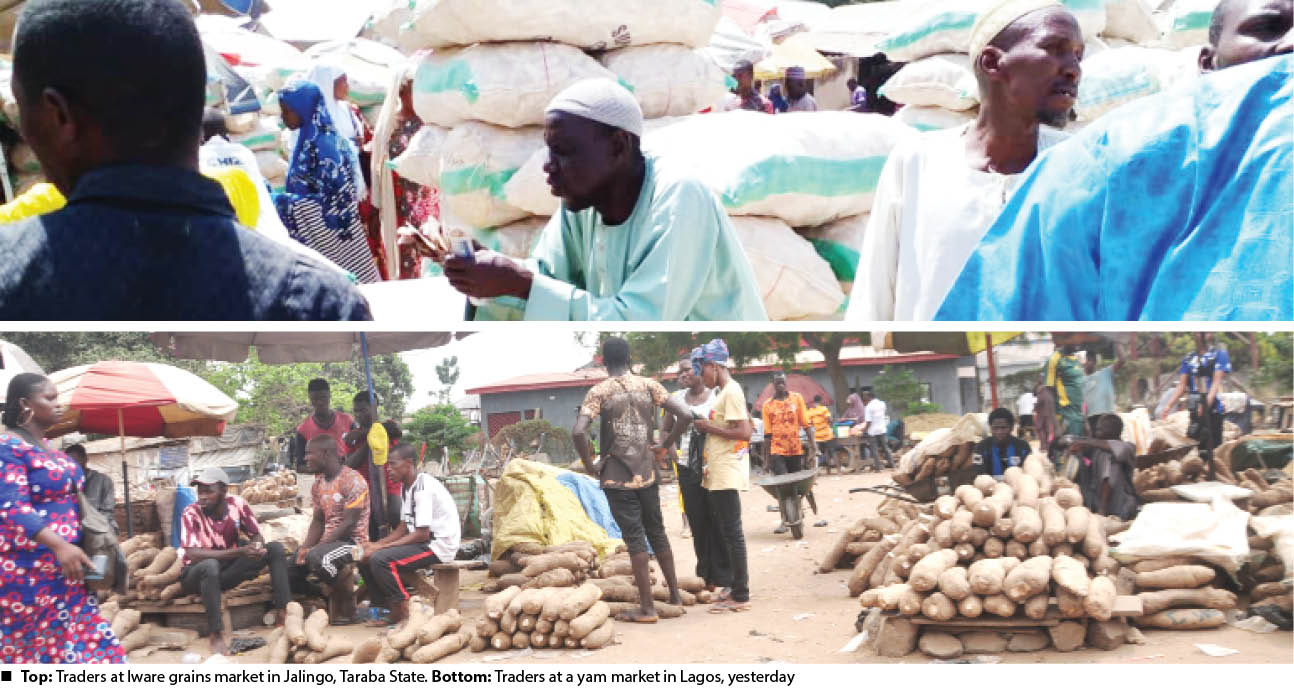One of the primary drivers of the current food scarcity in Nigeria is the country’s struggling economy. The depreciation of the Nigerian currency, the naira, against major foreign currencies has made it more expensive to import food items. This has contributed to a decrease in the supply of certain food products, leading to scarcity and driving up prices.
Furthermore, the high rate of inflation in the country has eroded the purchasing power of many Nigerians, making it increasingly difficult for them to afford basic food items. Unemployment and underemployment have also contributed to the problem, as many people struggle to earn a decent income to feed themselves and their families.
Furthermore, climate change has had a severe impact on agriculture in Nigeria, which is heavily reliant on rain-fed farming. Erratic weather patterns, including droughts and floods, have led to decreased crop yields and livestock productivity. This has not only reduced the availability of food but also driven up prices, making it even more difficult for vulnerable populations to secure enough food to meet their daily needs.
Political instability and inadequate agricultural policies have also played a significant role in exacerbating the hunger crisis in Nigeria. Inefficient government programmes, corruption, and lack of investment in the agricultural sector have hindered food production and distribution. This has created food shortages in many parts of the country, particularly in rural areas where access to food is already limited.
Addressing the issue of hunger in Nigeria requires a diverse approach that tackles the root causes of the problem. This includes implementing policies that support smallholder farmers, investing in sustainable agricultural practices, and improving access to markets for locally produced food.
Additionally, there is a need for increased government accountability, transparency, and oversight to ensure that resources are effectively allocated to address food insecurity. One will say that the solution to the problems we face in Nigeria is wrapped up within accountability, transparency and the like.
Civil society organisations, international partners, and local communities also have a role to play in addressing hunger in Nigeria. By working together and leveraging their respective strengths, stakeholders can implement targeted interventions that provide immediate relief to vulnerable populations while also building resilience and long-term sustainability in the food system.
The hunger crisis in Nigeria is a pressing issue that requires urgent attention and action at the local, national, and international levels. By understanding the underlying causes of food scarcity and high costs, and by implementing comprehensive strategies that address these challenges, it is possible to create a more food-secure future for all Nigerians.
Above all, citizens must look out for each other and care for one another. This change that we seek must first begin with us.
Linda Ayuba Ganya is a Mass Communication student at NOUN

 Join Daily Trust WhatsApp Community For Quick Access To News and Happenings Around You.
Join Daily Trust WhatsApp Community For Quick Access To News and Happenings Around You.


